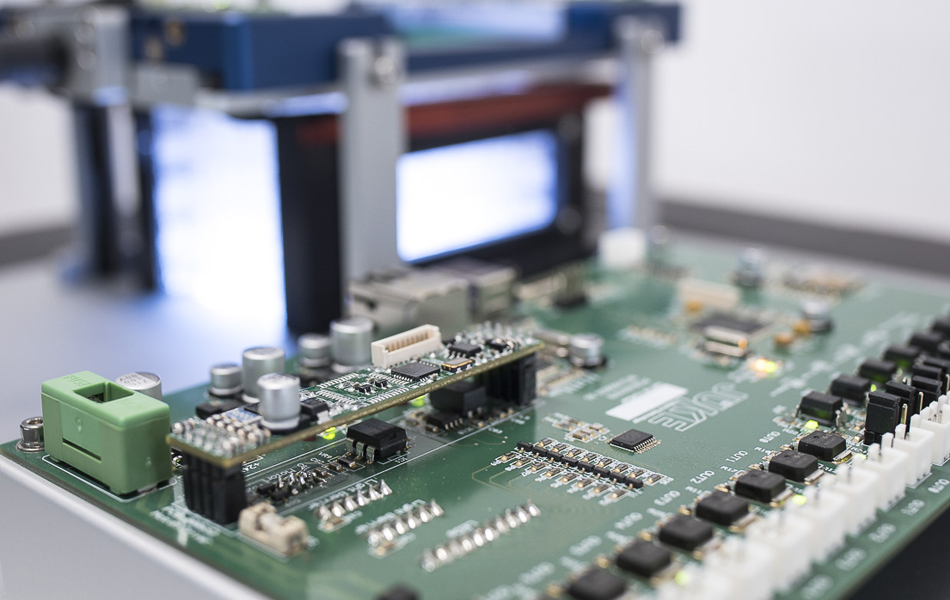The development of medical electronics requires a deep understanding of both the electronics and the application of medical devices. JÜKE’s experienced engineers consider the special requirements of medical devices, such as patient safety, reliability and accuracy. Development requires a good knowledge of actuator and sensor technology, chip technology, and memory modules. Medical devices must comply with strict regulations and standards, such as ISO 13485 and FDA 21 CFR Part 820.
Software development for medical devices is especially crucial, as it must meet strict regulatory requirements, including testing and documentation.
Wireless communication in medical devices is becoming increasingly popular because it allows doctors and other medical personnel to monitor vital parameters and other important patient data in real time. This requires the integration of wireless technologies such as Bluetooth or Wi-Fi into medical device design.
Not to be underestimated is the aspect of power consumption especially in mobile applications of medical devices. In addition, they often need to be small and portable, which adds to the complexity of power management.
In summary, the development of electronics for medical devices is a complex and demanding process that requires a deep understanding of both the electronics and the medical application. Medical devices must be reliable, accurate, and safe for patients while meeting stringent regulatory requirements. The integration of sensors and actuators, wireless communications, and software programming is critical to the success of modern medical devices.

